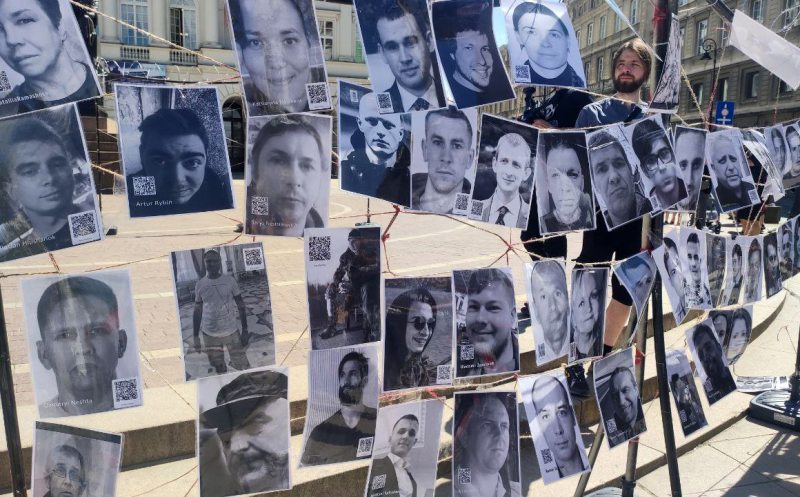

On May 21, the Day of Solidarity with Political Prisoners of Belarus was celebrated worldwide. The initiative was started by Viasna human rights activists, and more than 30 events and demonstrations took place in different countries, beginning on May 19th and continuing for several days [b185ed7d].
Belarusians and supporters of the cause expressed solidarity with political prisoners through various activities such as bike rides, letter-writing campaigns, and exhibitions. Demonstrations were held in cities including Klaipeda, Warsaw, Vilnius, Geneva, and Bialystok [b185ed7d].
Sviatlana Tsikhanouskaya, the democratic leader of Belarus, published an appeal calling for the release of political prisoners and emphasizing the importance of not remaining silent. The Day of Solidarity aimed to raise awareness about the plight of political prisoners and demand their freedom [b185ed7d].
According to The Washington Post, human rights activists accuse Belarusian authorities of setting unacceptable conditions for the release of political prisoners. These conditions include writing public statements admitting guilt and repenting. At least 18 political prisoners have been freed so far, including opposition party leader Ryhor Kastusiou, who is suffering from cancer. However, there are currently 1,420 political prisoners in Belarus, including Nobel Peace Prize laureate Ales Bialiatski. Activists claim that authorities have already filled up empty jail cells with new political prisoners. President Alexander Lukashenko has suppressed the opposition and independent media since coming to power in 1994. The 2020 presidential election sparked protests, resulting in the arrest of 35,000 people and the imprisonment of many opposition figures [7e209c2c].